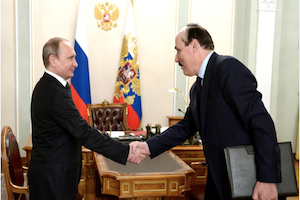Azerbaijan and Russia's Invasion of Ukraine
By Natalia Konarzewska
April 6, 2022
Like several other countries, Azerbaijan seeks to retain functioning relations with both Russia and Ukraine amid Russia’s invasion. Baku provides Ukraine with humanitarian aid yet avoids actions directly opposing Moscow for fear of retaliation. Baku’s position reflects its interest in maintaining Russia’s acceptance of Azerbaijan’s multi-vector foreign policy and in gaining Moscow’s support for its objectives in Nagorno-Karabakh. Moreover, the recent surge of violence in Nagorno-Karabakh suggests that Baku is taking advantage of the opportunity arising as Western and Russian attention is directed elsewhere to improve its own position vis-à-vis the separatist region.
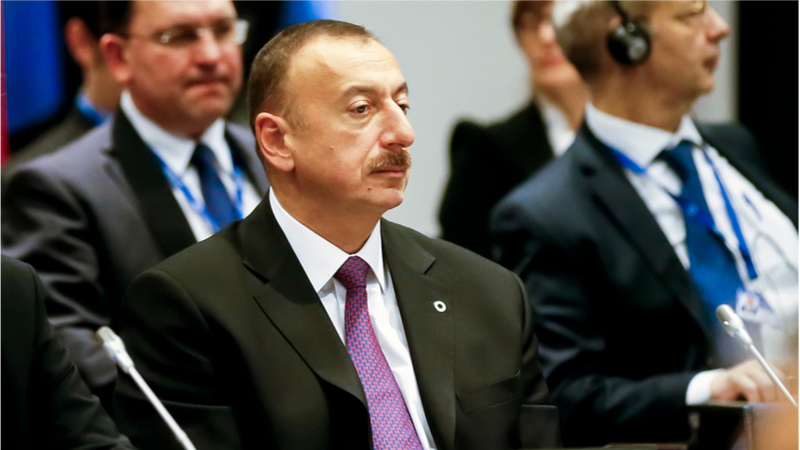
Kazakhstan’s Stress Test: The January Tragedy and its Aftermath
By Ariel Cohen
January 24, 2022, the CACI Analyst
In the first weeks of 2022, Kazakhstan experienced its most intense protests since the collapse of the Soviet Union. The causes of the turmoil in the country – like any major upheaval – are multi-faceted and were long in the making. Despite the violence, the speed of crisis resolution is impressive, and the country appears to continue on its path of modernization, reforms, and a balanced foreign policy, which keeps the great powers: U.S., Russia, and China engaged and at a safe distance. Less than three weeks after the violent eruption, the painful “lessons learned” period has begun.
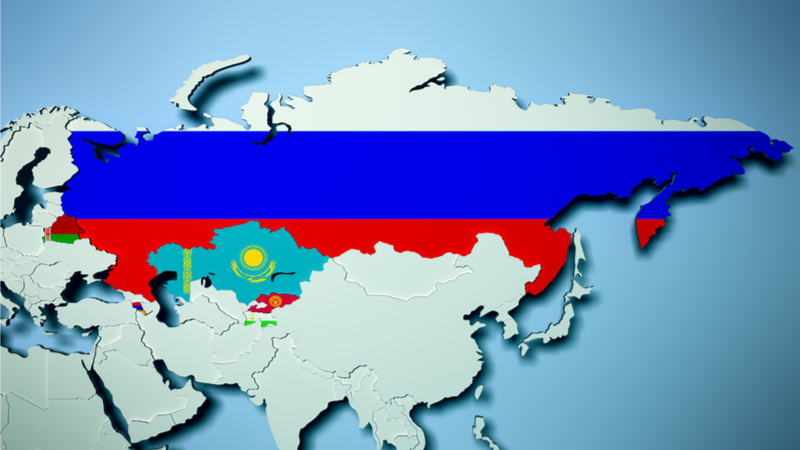
Russia Goes Bounty Hunting in Afghanistan
By Stephen Blank
July 8, 2020, the CACI Analyst
The revelations that Moscow paid Taliban warriors bounties to kill U.S., British, and other allied soldiers in Afghanistan is already generating a scandal in the United States. Yet for those who closely monitor Russian foreign policy in Central Asia and Afghanistan, this represents a particularly grisly escalation of policy but not a change in strategy. Moscow has long been determined to enhance its position with the Taliban and accelerate the ejection of U.S. forces from Afghanistan, which it regards as a threat to its position in Central Asia and to Russia. In Moscow’s imagination, the presence of several U.S. and/or NATO airbases in Afghanistan could strike Russian targets in Central Asia. Moreover, Russia has consistently expressed a visceral reaction to the presence of foreign military forces, especially Western ones, in and around Central Asia.
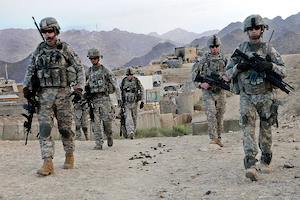
Chechnya's Kadyrov Expands Territorial and Political Influence
By Emil A. Souleimanov and Huseyn Aliyev
August 28, 2019, the CACI Analyst
Following Ramzan Kadyrov’s reappointment in 2016 as head of the Chechen Republic for yet another five-year term, the ambitions of the Chechen strongman have grown. While intensifying his age-old rivalry with Rosneft for control over Chechnya’s oil resources and with Gazprom over writing off Chechnya’s debt, Kadyrov has sought to expand to the neighboring republics not only politically but also geographically, claiming parts of Ingush and Dagestani territories. Kadyrov’s ongoing struggle with Ingush activists, along with his interference in the neighboring republic’s internal affairs, has caused an internal revolt in Ingushetia. Likewise, Kadyrov’s claims on contested border territory have stirred tension in Dagestan.
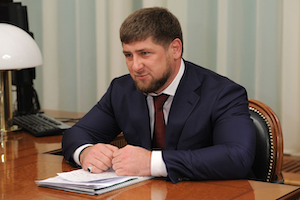
Leadership Change in Dagestan
By Natalia Konarzewska
February 20, 2018, the CACI Analyst
In late September, Ramazan Abdulatipov announced his decision to step down from his post as the head of the Republic of Dagestan. Abdulatipov cited his age (71) as the main reason for his resignation, but the change of leadership in Dagestan should be viewed in the context of Russia’s upcoming presidential ballot scheduled for March 2018. Moscow habitually replaces heads of the federal subjects just before or after elections. Likely reasons behind Abdulatipov’s resignation are his poor performance and inability to tackle the republic’s most pressing problems. Multi-ethnic Dagestan is one of the Russian Federation’s most unstable subjects, continuously embattled by economic problems, clan rivalry and the activities of religious militants. On October 3, President Vladimir Putin appointed Vladimir Vasilyev, who does not represent any local ethnic group, to fill the vacant position.
